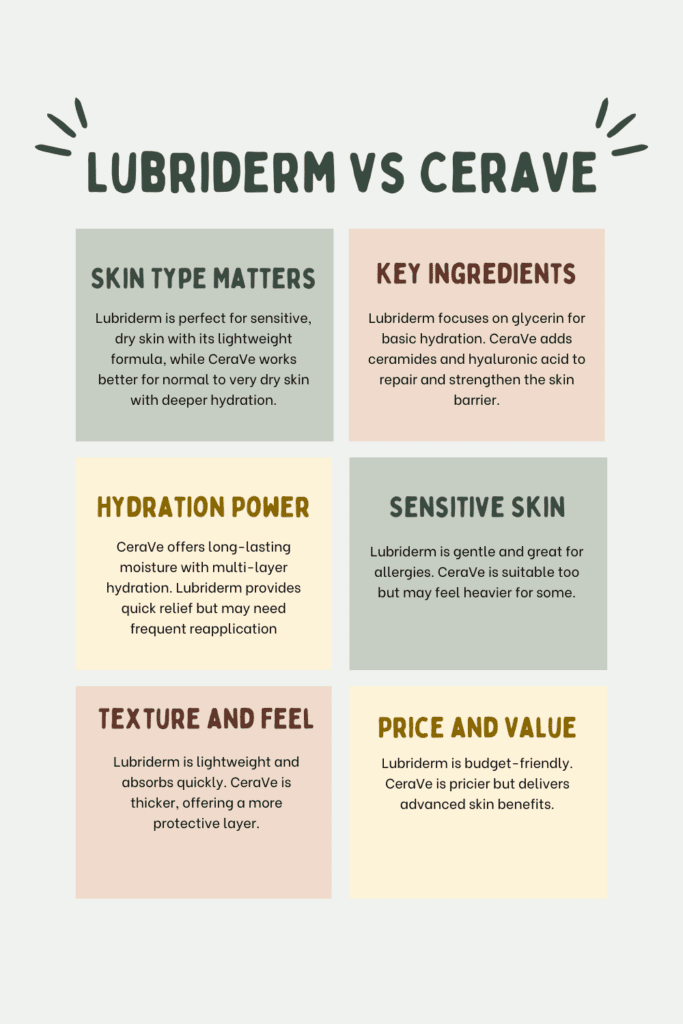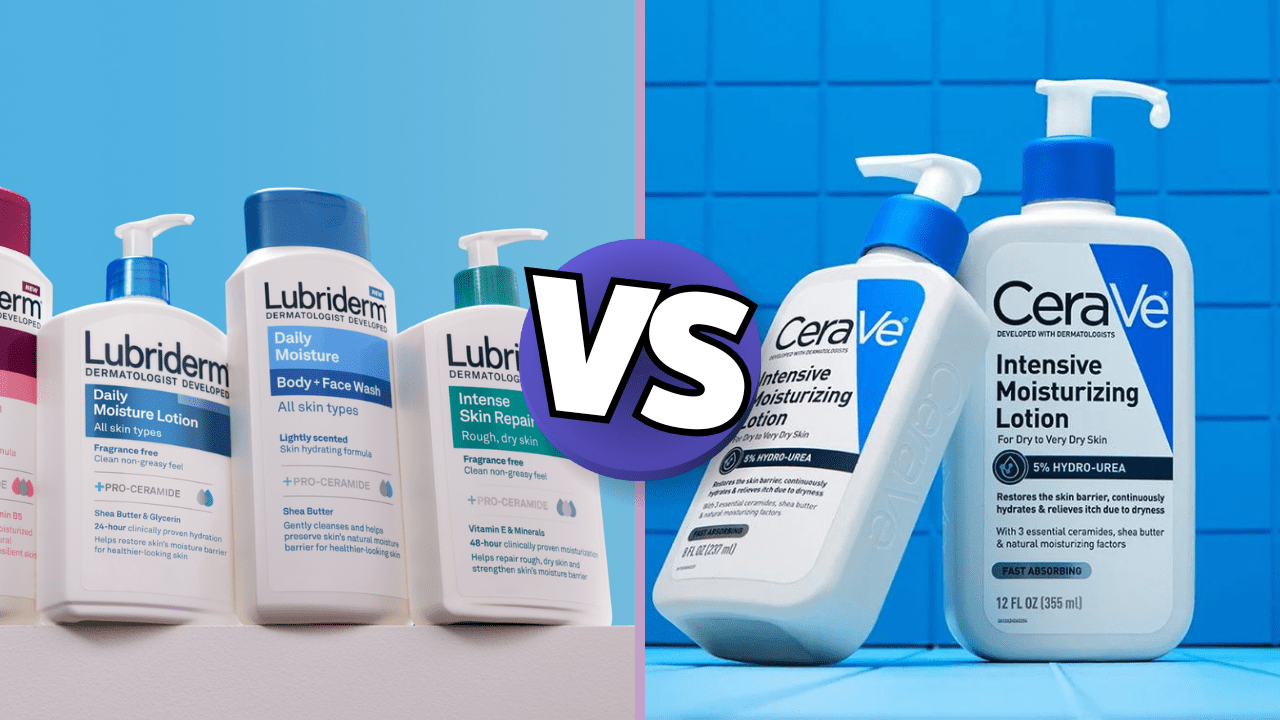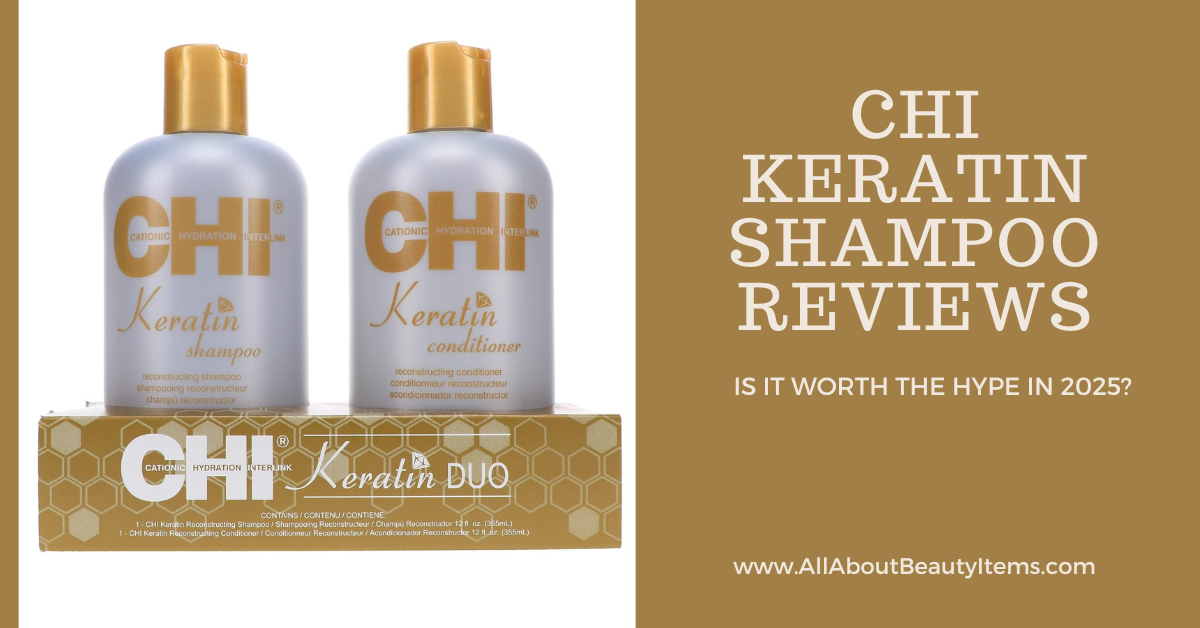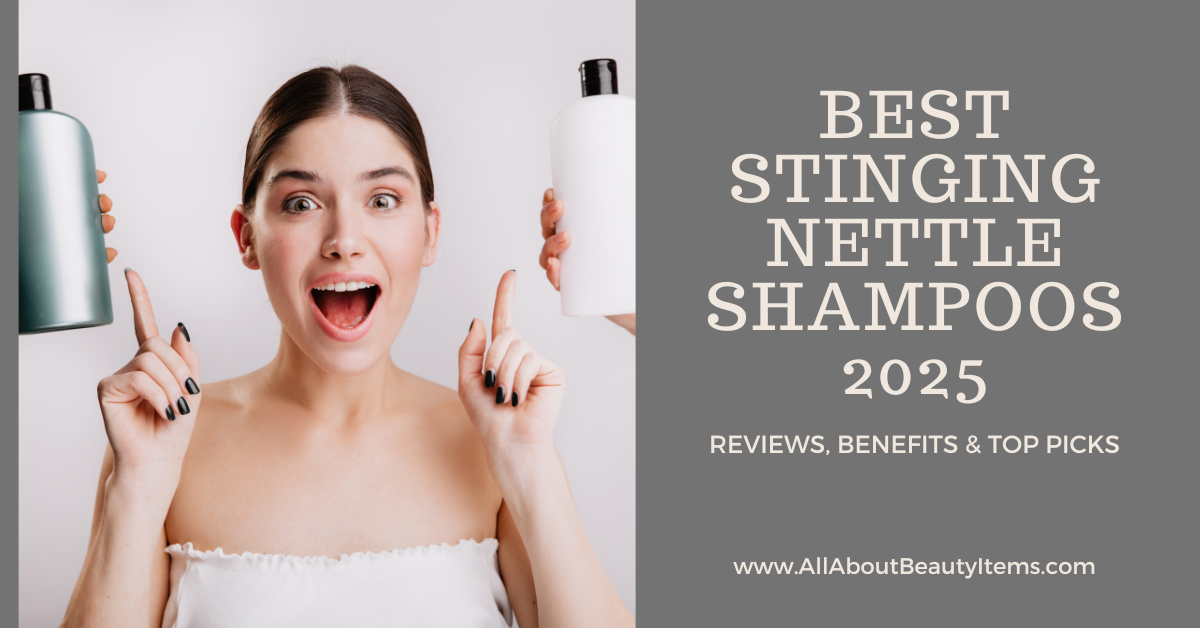Choosing the right moisturizer can feel like a big skincare decision, especially when two trusted brands like Lubriderm vs CeraVe are on your radar. Both are popular for keeping skin soft and healthy, but they have unique strengths that suit different skin types.
While Lubriderm is all about lightweight hydration, CeraVe focuses on deep repair with dermatologist-approved ingredients. Wondering which one is perfect for your skin? Don’t worry—we’ve got you covered!
In this article, we’ll compare their features, ingredients, and benefits so you can make the best choice for your skincare routine. Let’s dive in!

Which Is Better: Lubriderm Vs CeraVe?
Choosing between Lubriderm and CeraVe can feel like picking between two great friends—they’re both amazing in their own way! Lubriderm is perfect if you want something lightweight, non-greasy, and affordable for daily hydration.
On the other hand, CeraVe is a lifesaver for dry or sensitive skin, thanks to its rich ceramides and dermatologist-approved formula. If your skin needs quick hydration without a heavy feel, go for Lubriderm.
But if you’re dealing with dryness or need long-lasting moisture, CeraVe is your go-to. It all depends on what your skin loves most!
Overview of Lubriderm and CeraVe
If you’re wondering which one deserves a spot on your shelf, you’re in the right place. Let’s discuss them in detail!
What Is Lubriderm?

Lubriderm is like the old friend you can always count on. 💧 It’s been around for years and focuses on keeping things simple and effective. This brand is all about hydration without any fuss.
- History: Created by dermatologists, Lubriderm has been helping people with their dry skin struggles since the 1940s.
- Known For: Lightweight lotions that absorb quickly and keep your skin soft and smooth. If you hate greasy formulas, Lubriderm is your jam!
What Is CeraVe?

Now, meet CeraVe—the cool, science-backed cousin in the skincare family. 🧴 This brand is all about protecting and repairing your skin.
- Background: Launched in 2005 with input from dermatologists, CeraVe became a favorite for people with sensitive and problem-prone skin.
- Known For: Ceramides, hyaluronic acid, and niacinamide—all the fancy ingredients that help fix your skin barrier and lock in moisture. It’s like skincare with a PhD!
Both brands have their unique charm, but it all depends on what your skin needs. Let’s explore more to help you pick the best one!
Lubriderm Vs CeraVe: Ingredients Comparison
Let’s break it down—what’s inside these two skincare stars? 🤔
Lubriderm’s Ingredients
Lubriderm is all about keeping things simple and effective. It uses glycerin (great for hydration) and pro-vitamin B5 to keep your skin smooth and soft. If you love lightweight lotions that don’t feel sticky, Lubriderm’s got your back.
CeraVe’s Ingredients
CeraVe comes with a power-packed combo of ceramides, hyaluronic acid, and niacinamide. These are perfect for repairing your skin barrier, locking in moisture, and calming sensitive skin. Think of it as a spa treatment in a bottle! 💆♀️
The Verdict:
If you need lightweight hydration, Lubriderm is the one to try. But if your skin needs some TLC or barrier repair, CeraVe takes the crown.
Lubriderm Vs CeraVe: Texture And Fragrance
Ever tried a lotion and thought, “This feels amazing!” or “Ugh, too greasy”? Here’s how Lubriderm and CeraVe stack up.
Lubriderm Texture & Fragrance
Lubriderm has a super lightweight and non-greasy texture, making it perfect for quick absorption. No waiting around for it to dry! Fragrance-wise, some variants are scented, but they’re generally mild and fresh.
CeraVe Texture & Fragrance
CeraVe has a slightly creamier texture, which makes it perfect for dry or very dry skin. It’s fragrance-free, which is a big win for sensitive skin or anyone who doesn’t like perfumed lotions.
The Verdict:
Love a lightweight feel? Go with Lubriderm. Need richer hydration or are fragrance-sensitive? CeraVe’s your pick.
Lubriderm Or CeraVe: Skin Type Suitability
Your skin is unique, so picking the right product is key. Let’s see which one fits you best!
Who Should Use Lubriderm?
If your skin is normal to slightly dry and you prefer a lotion that doesn’t feel heavy, Lubriderm is a great option. It’s also budget-friendly, so your wallet will thank you.
Who Should Use CeraVe?
Got dry, sensitive, or eczema-prone skin? CeraVe is like your BFF. Its dermatologist-approved formula helps repair damaged skin and keeps it moisturized for longer.
The Verdict:
Choose Lubriderm for basic hydration and a lightweight feel. Pick CeraVe if your skin needs extra care or deeper hydration.
Price and Availability
Let’s talk money! 💸
When it comes to affordability, Lubriderm takes the crown. It’s generally more budget-friendly, making it a great option if you want good hydration without spending too much.
On the other hand, CeraVe is a bit pricier. But hey, it’s also widely recommended by dermatologists, so you’re paying for some extra skincare magic.
Pros and Cons of Lubriderm and CeraVe
Lubriderm: The Light and Simple Hero
- Pros:
- Super affordable, so your wallet stays happy.
- Lightweight formula that absorbs quickly—no sticky mess!
- Great for people who want hydration without too much fuss.
- Cons:
- If your skin is Sahara-level dry, this might not be enough.
CeraVe: The Skin Barrier Savior
- Pros:
- Packed with ceramides and hyaluronic acid, which are like a spa day for your skin.
- Amazing for sensitive or dry skin types—it’s even eczema-friendly!
- Helps repair your skin barrier, so it’s perfect for long-term use.
- Cons:
- It’s a bit pricier, so you’ll need to splurge a little.
- The formula can feel heavy if you have oily skin.
So, what’s your vibe—simple and light or rich and repair-focused?
Lubriderm vs. CeraVe: What People Are Saying
When it comes to Lubriderm, people love how lightweight and easy it is to apply. It’s perfect for normal skin and absorbs quickly, leaving no sticky feeling.
Many users say it’s their go-to for everyday hydration, especially because it’s affordable. However, some feel it doesn’t provide enough moisture for super dry or sensitive skin.
CeraVe, on the other hand, has a loyal fanbase thanks to its dermatologist-approved formula. Users rave about how it deeply hydrates and repairs their skin barrier, especially for conditions like eczema or dryness.
The added ceramides and hyaluronic acid are a big win! That said, some feel it’s a bit thicker and not as quick to absorb as Lubriderm.
In short, Lubriderm is loved for its simplicity and price, while CeraVe wins for intensive care. Choosing one depends on your skin’s needs!
Is Lubriderm or CeraVe Good for Sensitive Skin?
- Lubriderm: It’s gentle and non-irritating, but it doesn’t have the specialized ingredients CeraVe does.
- CeraVe: A total winner for sensitive skin. It’s dermatologist-approved and has ingredients like ceramides and niacinamide to soothe and repair.
So, for sensitive skin, CeraVe takes the crown.
Comparison Table: Lubriderm vs CeraVe
| Feature | Lubriderm | CeraVe |
|---|---|---|
| Skin Type | Ideal for sensitive, dry skin due to its lightweight formula. | Suitable for normal to very dry skin, providing deeper hydration. |
| Key Ingredients | Glycerin for basic hydration and simplicity. | Ceramides, hyaluronic acid, and fatty acids to repair and strengthen the skin barrier. |
| Hydration Power | Offers quick relief but may need frequent reapplication, especially for very dry skin. | Provides long-lasting moisture with a multi-layer hydration system. |
| Suitability for Sensitive Skin | Gentle on sensitive skin; good for allergies and conditions like eczema. | Also suitable for sensitive skin, though its richer texture might feel heavier for some users. |
| Texture and Absorption | Lightweight, non-greasy, and absorbs quickly, making it ideal for daily use. | Thicker consistency, takes slightly longer to absorb but creates a more protective barrier. |
| Price and Value | Budget-friendly and great for basic hydration needs. | Slightly pricier, but offers advanced skincare benefits and long-lasting effects, making it worth the investment for those needing extra care. |
This table summarizes the key differences and similarities, helping you pick the right lotion for your skin type and needs.
Which One Should You Choose?
Here’s how to decide:
- Skin Type & Concerns:
- Normal to slightly dry? Go for Lubriderm.
- Dry, sensitive, or eczema-prone? CeraVe all the way.
- Budget:
- Lubriderm is the budget-friendly pick.
- CeraVe costs a bit more but offers added benefits.
- Texture Preference:
- Lubriderm feels light and non-sticky.
- CeraVe has a richer texture that’s super hydrating.
Final Thoughts: Lubriderm Vs CeraVe
At the end of the day, both Lubriderm and CeraVe are great moisturizers. The real question is: What does your skin need? Give them a try and see what works best for you. After all, skincare is all about finding your perfect match.
So, what’s it going to be—Team Lubriderm or Team CeraVe? Let us know! 😊

Sophie is your go-to girl for all things makeup and hair! She believes beauty should be fun, not stressful, and she’s here to share tips, product reviews, and honest thoughts from a real-world perspective.






Leave a Reply